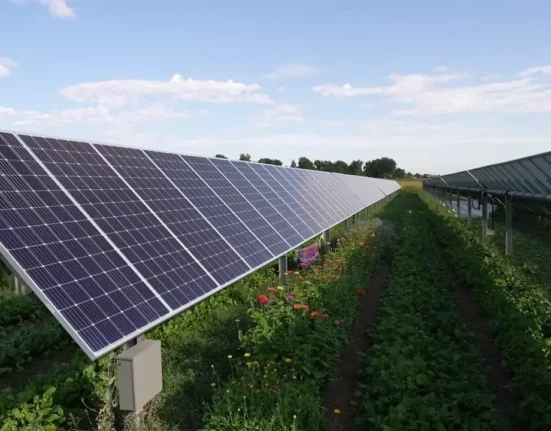The global economy is currently navigating through turbulent waters, facing some of the most challenging times since the 2008 great recession. The World Bank has sounded a cautionary note, highlighting that economic growth is under immense pressure due to trade tariffs and heightened uncertainty in the economic landscape.
In its latest twice-yearly report, the World Bank grimly warns that the looming shadows of tariffs and global uncertainty will cast a long shadow over economic growth for 2025 and beyond. This forecast spells trouble for economies across the board, with the US and Europe witnessing downgraded growth prospects. Moreover, poorer nations are set to face an arduous climb back to pre-pandemic levels, with recovery potentially stretching over two decades.
Expert economists at the World Bank have raised red flags about this precarious situation. They emphasize that these challenges could make 2025 witness one of the weakest global growth rates outside a recession since 2008 when the world was hit by the Global Financial Crisis. The ripple effects of this economic turmoil are far-reaching and demand careful navigation from policymakers worldwide.
One veteran economist, Saul Eslake, expressed concern over these developments sparked by ongoing tariff hikes and trade tensions. He remarked on how retaliatory measures from countries like China have created significant business uncertainties globally. Eslake’s unease mirrors broader anxieties within financial circles about how escalating trade disputes could further dampen economic prospects in multiple regions.
While stopping short of predicting an impending recession, the World Bank’s report paints a sobering picture of sluggish global economic growth in 2025—a trend expected to persist until at least 2027. Projections indicate that global GDP growth could slow to a mere 2.5%, marking it as one of the slowest decades since the 1960s.
These forecasts align closely with earlier warnings issued by other reputable institutions such as the International Monetary Fund (IMF). Back in April, IMF projections already hinted at potential impacts on various economies including Australia. The IMF had also flagged concerns about inflationary pressures mounting in major Western economies like the US.
Within this complex web of economic challenges lies a particular threat for commodity exporters worldwide. The World Bank underscores how regions heavily reliant on commodity exports may face substantial headwinds given weakening external demand dynamics. As global trade slows down—a trend exacerbated by recent events—commodity exporters brace themselves for reduced demand and consequent impact on their economies.
Moreover, developing nations find themselves disproportionately vulnerable amid this evolving scenario. Despite concerted efforts towards recovery post-COVID-19 disruptions, poor countries are likely to bear a heavier burden compared to their wealthier counterparts. The road ahead appears daunting for developing economies as they grapple with potential setbacks that could push them back substantially economically.
Echoing sentiments shared widely among economists and financial analysts alike is Ayhan Kose, Deputy Chief Economist at the World Bank who emphasized:
“Uncertainty remains a powerful drag…It slows investment and clouds outlook.”
This sentiment encapsulates not just existing concerns but also underscores future challenges looming large on global economic horizons.
As nations navigate through these choppy waters rife with uncertainty and trade tensions, strategic policy decisions take center stage in steering economies towards stability and growth amidst adversities.









Leave feedback about this